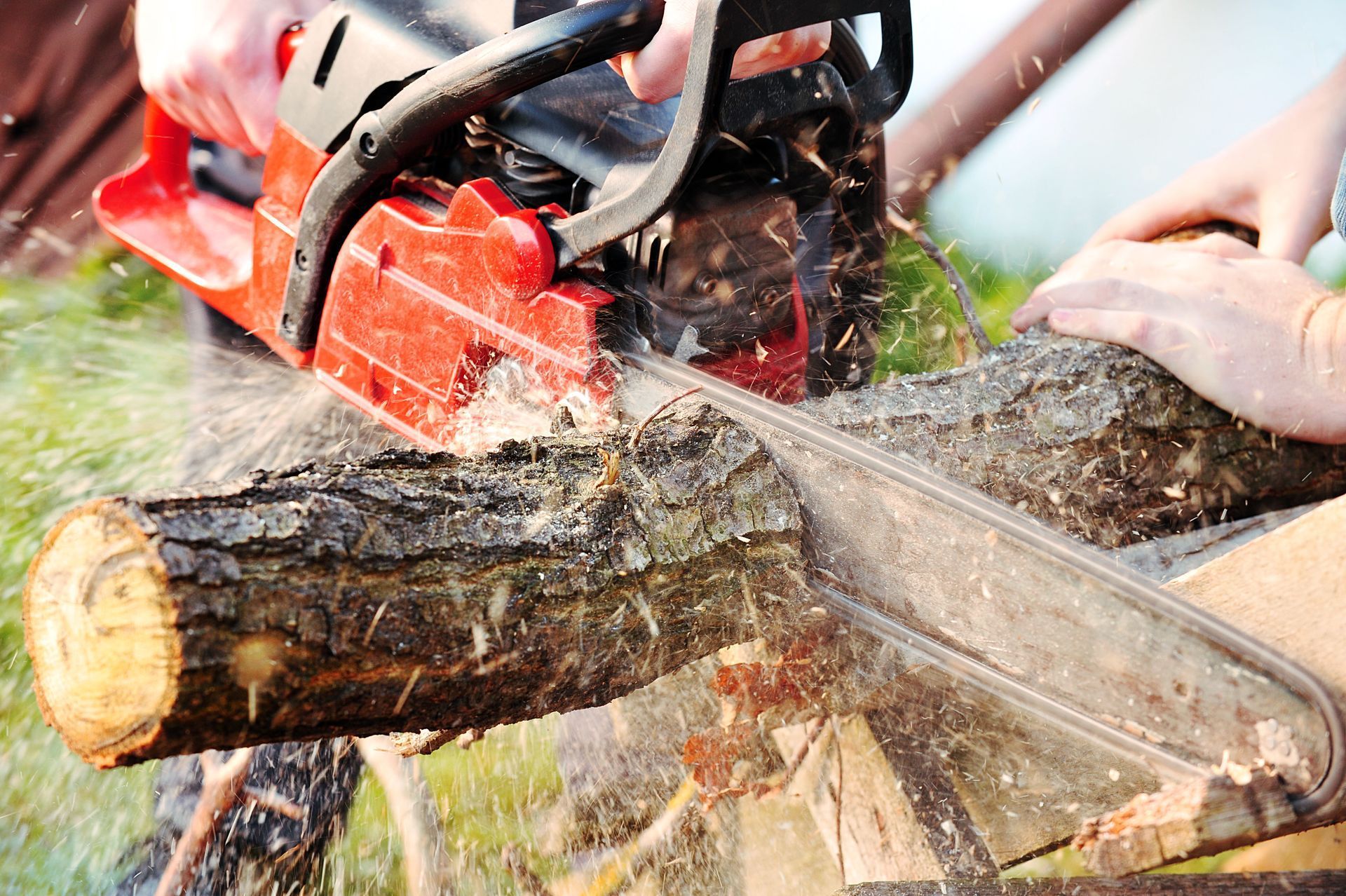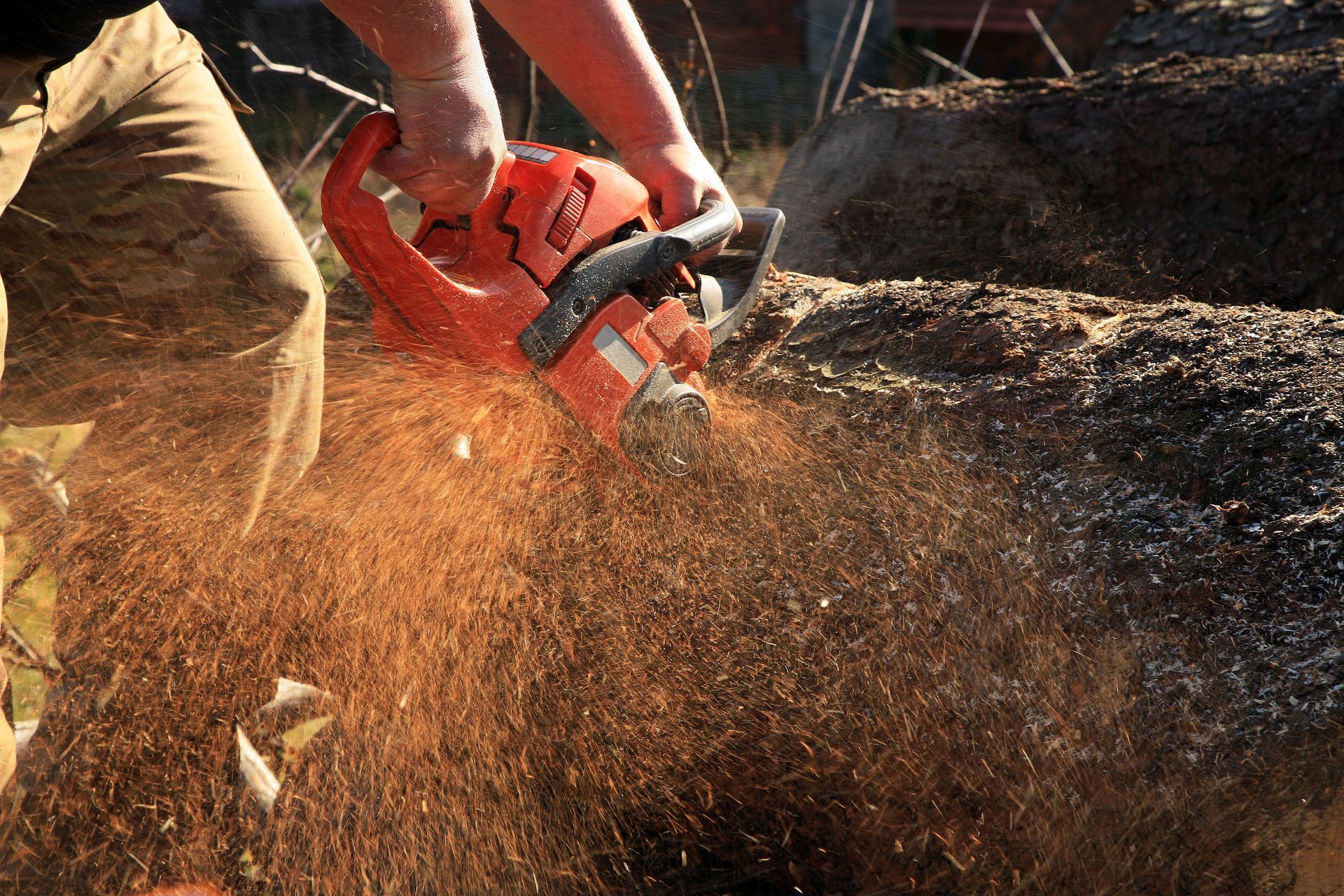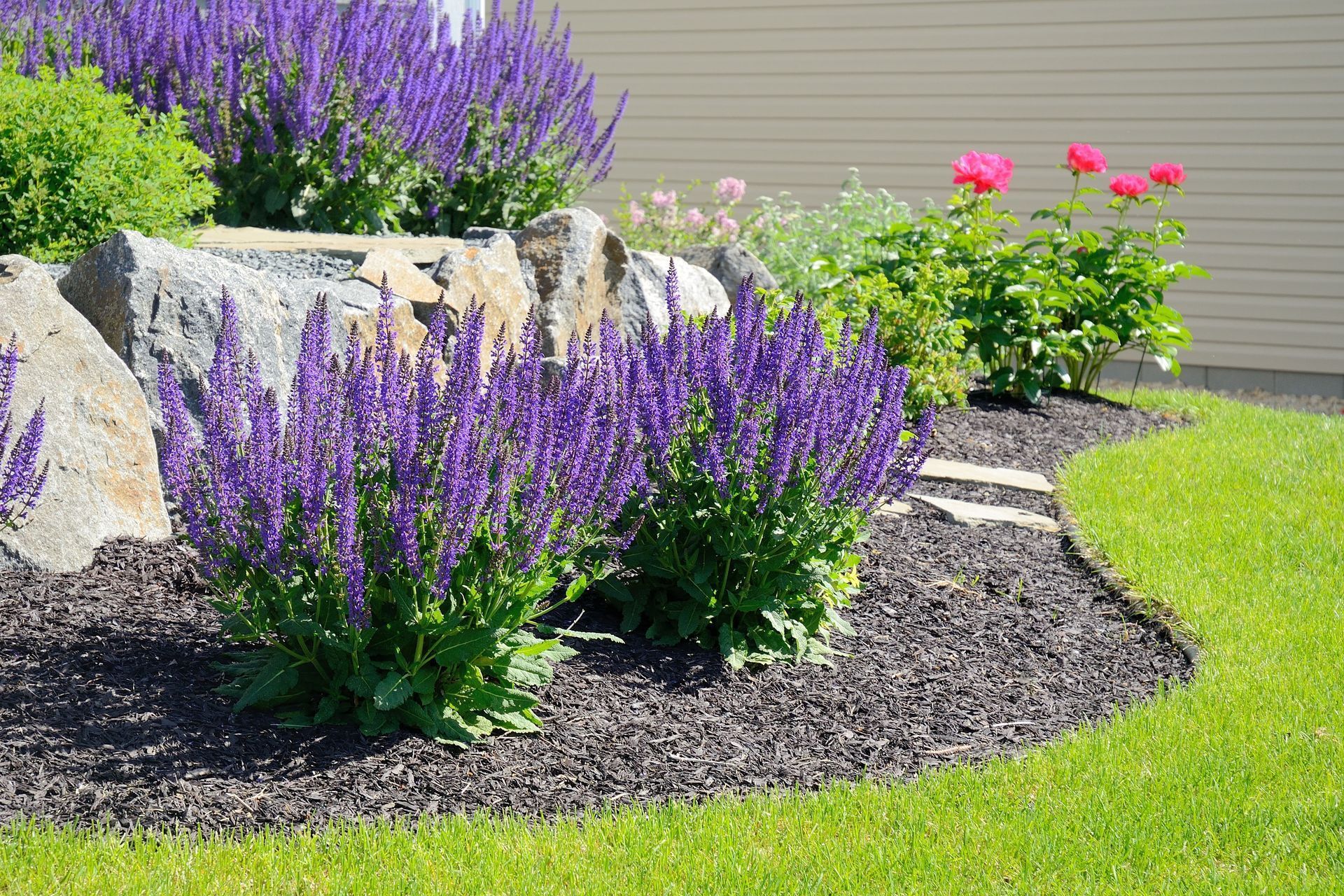September 25, 2025
Mulching is a simple yet transformative technique that can enhance the aesthetics, health, and sustainability of your outdoor spaces. Whether you're looking to revitalize your garden, prevent weed growth, or conserve water, mulching services offer countless benefits. In this article, we'll explore how professional mulching services can elevate your landscape and offer a wide range of options to suit your unique needs.
1. Organic Mulching: Nature's Blanket
1.1. Benefits of Organic Mulch
Organic mulching serves as nature's blanket, improving your garden's health by providing essential benefits. It enriches the soil by decomposing over time, adding nutrients that support plant growth. Organic mulch also helps retain moisture in the soil, reducing the need for frequent watering. Additionally, it blocks sunlight from reaching the soil, effectively suppressing weeds and fostering a healthier garden. Overall, organic mulching services contribute to a balanced and thriving outdoor ecosystem.
1.2. Types of Organic Mulch Materials
There are numerous organic mulch materials, each offering distinct advantages. Popular options include bark mulch, which is durable and adds an aesthetic appeal, straw, which is great for vegetable gardens and regulating soil temperature, and compost, which not only enriches soil but also suppresses weeds. Each type provides unique benefits, so selecting the right mulch for your garden is key to achieving optimal results.
1.3. Application Techniques for Optimal Results
For the best results, it's essential to apply organic mulch correctly. Typically, a layer of 2-4 inches is recommended, ensuring even coverage without piling it up against plant stems. Regularly fluffing and replenishing the mulch ensures it retains its effectiveness. Keep an eye on its condition and replace it when it becomes compacted or thin. Proper application can greatly enhance soil health and plant vitality.
1.4. Cost Considerations for Organic Mulching
While organic mulch may seem more expensive upfront compared to inorganic options, it offers long-term savings. The moisture retention and soil-enriching properties of organic mulch reduce the need for frequent watering and fertilizers. Plus, since organic mulch decomposes, it eliminates disposal costs associated with inorganic materials, making it a cost-effective and environmentally friendly option.
1.5. Environmental Impact of Organic Mulch
The environmental benefits of organic mulching are significant. Since organic mulch is biodegradable, it breaks down naturally, enriching the soil and supporting a thriving garden ecosystem. It also reduces the need for chemical fertilizers and pesticides, promoting more sustainable gardening practices. Choosing organic mulch is an eco-friendly decision that supports soil health and reduces waste. According to the latest study by Fact.MR, the global mulching material market size is projected to grow from $3.93 billion in 2024 to $8.42 billion by 2034, highlighting the fact that many property owners are choosing mulch over other materials.
2. Inorganic Mulching: The Durable Solution
2.1. Understanding Inorganic Mulch Materials
Inorganic mulches, such as gravel, rubber, and synthetic ground covers, are known for their durability and long-lasting effects. These materials do not decompose, offering a more permanent solution for various landscaping needs. Gravel is ideal for areas with heavy foot traffic, while rubber mulch, often made from recycled tires, provides cushioning for playgrounds. Synthetic materials are particularly useful for controlling weed growth and stabilizing steep slopes.
2.2. Advantages of Inorganic Mulch
The primary benefit of inorganic mulch is its durability. Unlike organic mulch, which decomposes over time, inorganic mulches require less frequent replacement, making them a long-term investment. They also do not attract pests or harbor diseases, creating a hygienic and low-maintenance environment. Their longevity and resilience make inorganic mulches ideal for specific landscaping scenarios.
2.3. Best Scenarios for Inorganic Mulch Usage
Inorganic mulch is perfect for high-traffic areas, such as walkways and driveways, where durability is key. It is also great for courtyards, xeriscape gardens, and erosion-prone areas. For steep slopes, synthetic ground covers can stabilize the soil and prevent erosion. Inorganic mulch's robustness makes it ideal for these demanding landscaping applications.
2.4. Aesthetic Options and Design Ideas
Inorganic mulches come in a variety of colors and textures, offering a wide range of design possibilities. Gravel can be found in various hues and sizes, allowing for creative and customized garden beds and pathways. Rubber mulch can mimic the appearance of natural wood chips while providing a safe surface for playgrounds. Synthetic options can even replicate the look of bark or wood, providing flexibility in your landscape design.
2.5. Installation Tips for Maximum Efficiency
Proper installation is crucial for maximizing the effectiveness of inorganic mulch. When using gravel or stone, it’s important to lay down landscape fabric to prevent weed growth. Ensure the mulch layer is even and packed tightly to avoid shifting. Rubber mulch should be applied over a solid base to maintain stability. By following these installation tips, inorganic mulch can perform efficiently over time.
3. Professional Mulching Services: Hiring the Experts
3.1. Benefits of Professional Mulching Services
Hiring professional mulching services ensures that your landscape receives expert care. Professionals are skilled in selecting the best mulch materials for your garden, ensuring that your plants receive the nutrients and protection they need. Their specialized equipment allows them to cover large areas efficiently, and their experience ensures proper application for maximum benefit.
3.2. How to Choose the Right Service Provider
When selecting a provider for your mulching services, consider factors such as reputation, customer reviews, and licenses. Researching and comparing quotes will help you find the most cost-effective and reliable service. By choosing a provider with a solid track record, you can trust that your landscape will be in good hands.
3.3. Cost Analysis: DIY vs Professional Services
While DIY mulching may seem like an affordable option, professional services bring long-term value. Experts bring efficiency and precision, reducing the chances of mistakes that could lead to extra costs. Professionals also use high-quality materials and advanced techniques that can deliver superior results. By weighing the costs of DIY versus professional services, you can make a more informed decision for your garden.
4. Seasonal Mulching: Timing is Everything
4.1. Spring Mulching: Preparing for Growth
Spring is the ideal time to apply mulch to prepare your garden for the growing season. Mulch helps retain moisture, suppresses weeds, and protects plant roots from temperature fluctuations. Applying mulch early in spring sets the foundation for healthy plant growth.
4.2. Summer Mulching: Protecting Against Heat
During the summer months, mulching helps conserve moisture and protect plants from heat stress. A thick layer of mulch insulates the soil, maintaining consistent moisture levels and reducing the need for frequent watering. Summer mulching also helps keep weeds at bay, reducing competition for resources.
4.3. Fall Mulching: Setting the Stage for Winter
Fall mulching is crucial for protecting plants during the cold winter months. Mulch acts as an insulating barrier, preventing frost damage to plant roots and conserving soil moisture. Applying mulch in the fall sets your garden up for success in the spring.
4.4. Winter Mulching: Insulating Against Frost
Winter mulching is essential for protecting your garden against freezing temperatures. Applying mulch before the first freeze stabilizes soil temperatures and reduces the risk of frost damage. It also helps preserve the integrity of your garden beds by reducing erosion caused by wind and water.
4.5. Timing and Frequency Considerations
Understanding when and how often to apply mulch is key to achieving optimal results. Seasonal mulching ensures your garden gets the right amount of protection and nourishment at each stage of the year. By timing your mulching activities properly, you can maximize the benefits for your plants and garden.
Mulching services can drastically improve the health and appearance of your outdoor spaces. Whether you choose organic or inorganic options, professional services ensure the right application for your needs. From enhancing soil health to conserving water, mulching is a versatile and eco-friendly solution for transforming your garden. Consider the various mulching options available and choose the best fit for your landscape’s requirements. Looking for mulching services? Reach out to Red Bark Inc.




